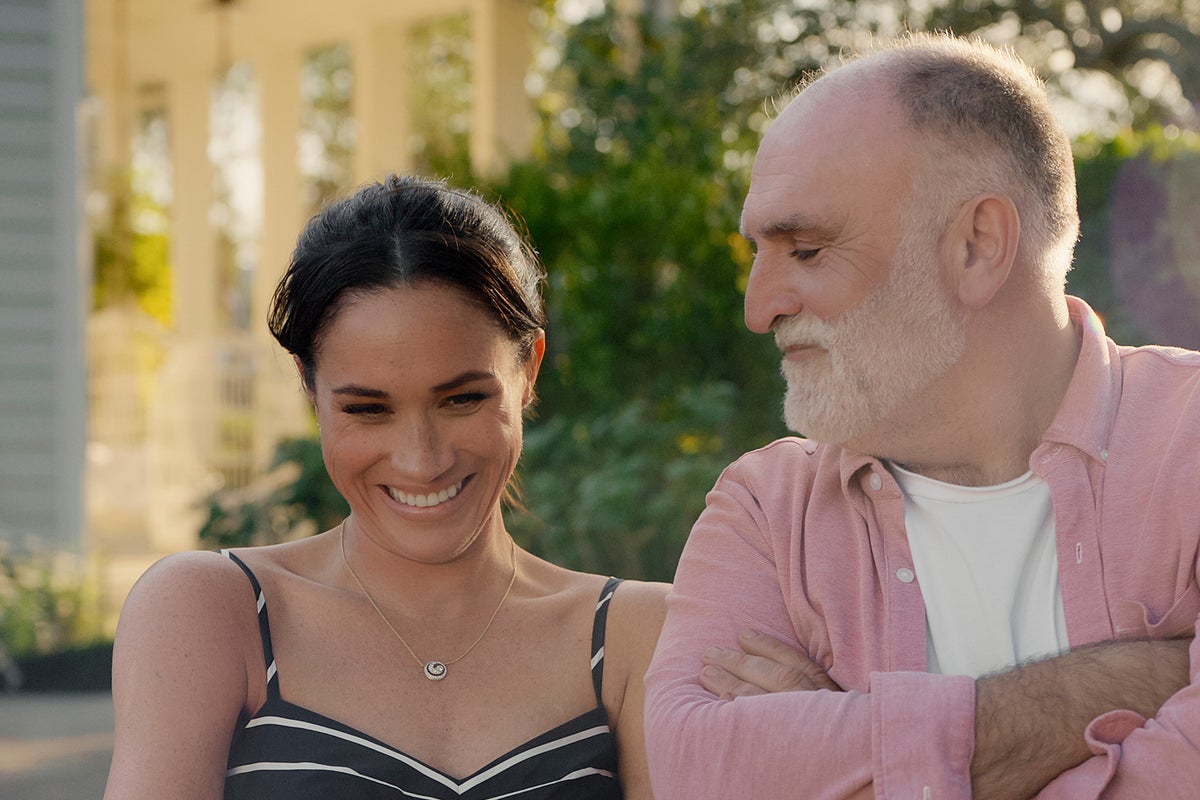Jonathan Muggleton was a teenager when he first became aware of a small mark on his body.
“I didn’t think much of it at first,” the 49-year-old father of two told The Independent. “It was just a birthmark.”
But five years ago, the mark started to change in appearance, becoming velvety in texture and weeping. Sensing something was wrong, he visited his GP and was prescribed a cream.
But as the Covid-19 pandemic took hold, Mr Muggleton’s discomfort increased and he was referred for a biopsy in late 2020. This was when he said he had an “inkling” that it could be something more serious.
“When I heard ‘biopsy’, I started to read between the lines. In the back of my mind, I feared the worst and hoped for the best,” he said.
Mr Muggleton was told by doctors that he had mucosal melanoma, a form of cancer. His case was extremely rare, with only 150 to 250 people diagnosed per year in the UK, according to the charity Melanoma Focus.
It is also highly aggressive, with only 14 per cent of people with mucosal melanoma surviving beyond five years, according to researchers at Melanoma Management.
Due to the hospital’s Covid-19 policy, Mr Muggleton was completely alone when he was given the prognosis. He remembers walking back to his wife, Rebecca, in the car in a stunned silence.
“We just sat in the car. I couldn’t speak. It was not a very nice five minutes,” he said.
Having recently turned 45 and a father to two young children, Mr Muggleton said he felt as though a rug had been pulled from under him.
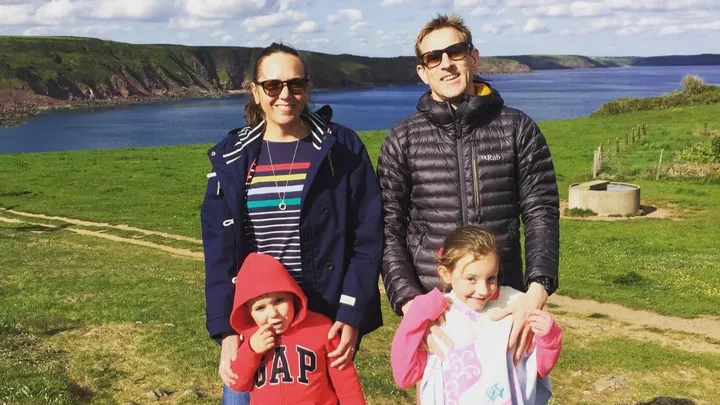
He was also unsure how much information to share with his children, Charlie and Amelia, who were five and seven at the time.
He said: “You either go into a very dark place and deal with it on your own, which I’ve seen friends do. But for me, I wanted to be open.
“Initially, it was very unfair, but then I moved to the point where I started to appreciate what I’ve got and focused on the things that really matter.”
Over the next five years, he underwent surgeries and immunotherapy at the Royal Marsden and University College London Hospital. But the cancer spread from its primary site to his groin lymph nodes.
In September 2023, he had a surgery to remove a tumour under his lung, which was the first of its kind in the UK and featured on Channel 4’s Super Surgeon documentary.
Between surgeries and treatments, Mr Muggleton said he tried to “slot back into normal life” doing activities with his children or getting out on his bike. He had always been a very active cyclist and completed several charity rides for the Ruth Strauss Foundation and the Royal Marsden.
Now, he has launched a fundraising appeal for a “transformative” tumour-infiltrating lymphocyte treatment, which is not currently available on the NHS.
But he still struggles to look to the future, especially when he was told by doctors to “get his affairs in order” last summer and warned he may only have six months to live after tests showed his immunotherapy treatment was having no effect.
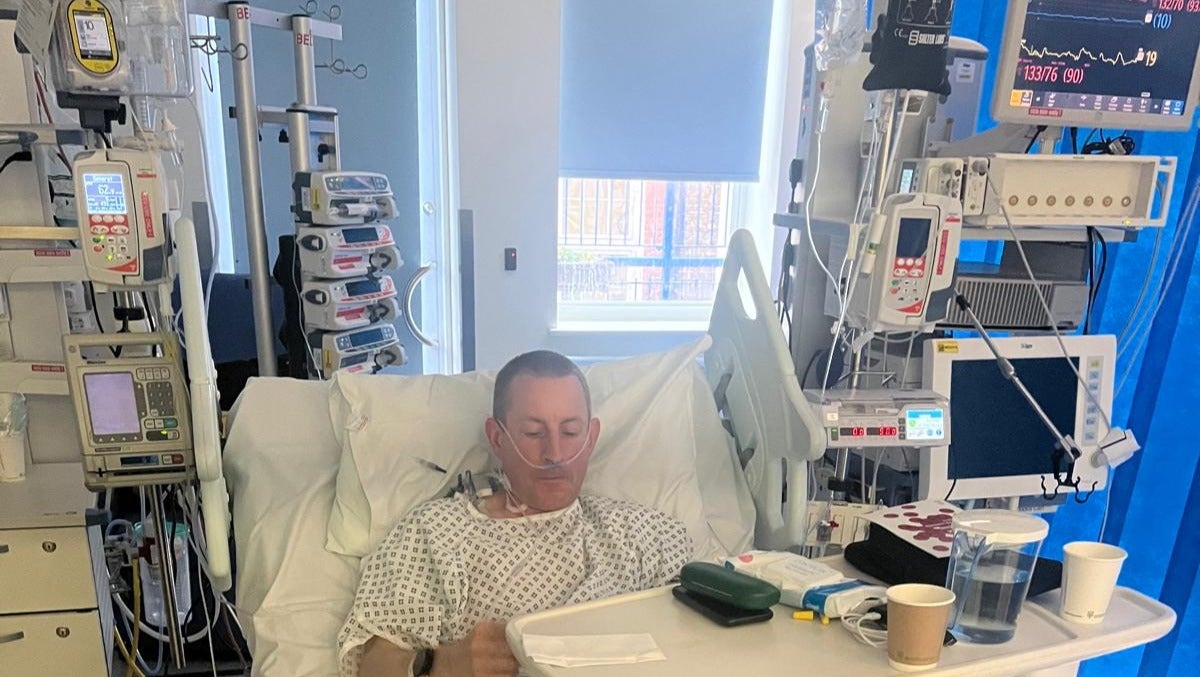
Fortunately, Mr Muggleton’s most recent scans have been stable, after treatment finally began to slow down the spread of his cancer. While he said this outcome is “as good as he could possibly hope”, he is still taking each day as it comes.
“Life carries on,” Mr Muggleton said. “But in the back of my mind, I’m living three months at a time. I’m waiting for the next clear scan, so I can’t really plan beyond that.”
Mr Muggleton added that this mindset has taught him to seize the moment, especially when it came to tying the knot with his now wife, Rebecca.
He said: “We lived our life a bit back to front. We bought the house, had kids, got the dog, both had our careers. I never quite got around to getting married, though.”
He was due to start an intense clinical trial in summer 2023, when Rebecca organised an “absolutely brilliant” wedding with 150 guests, all with just six weeks of planning.
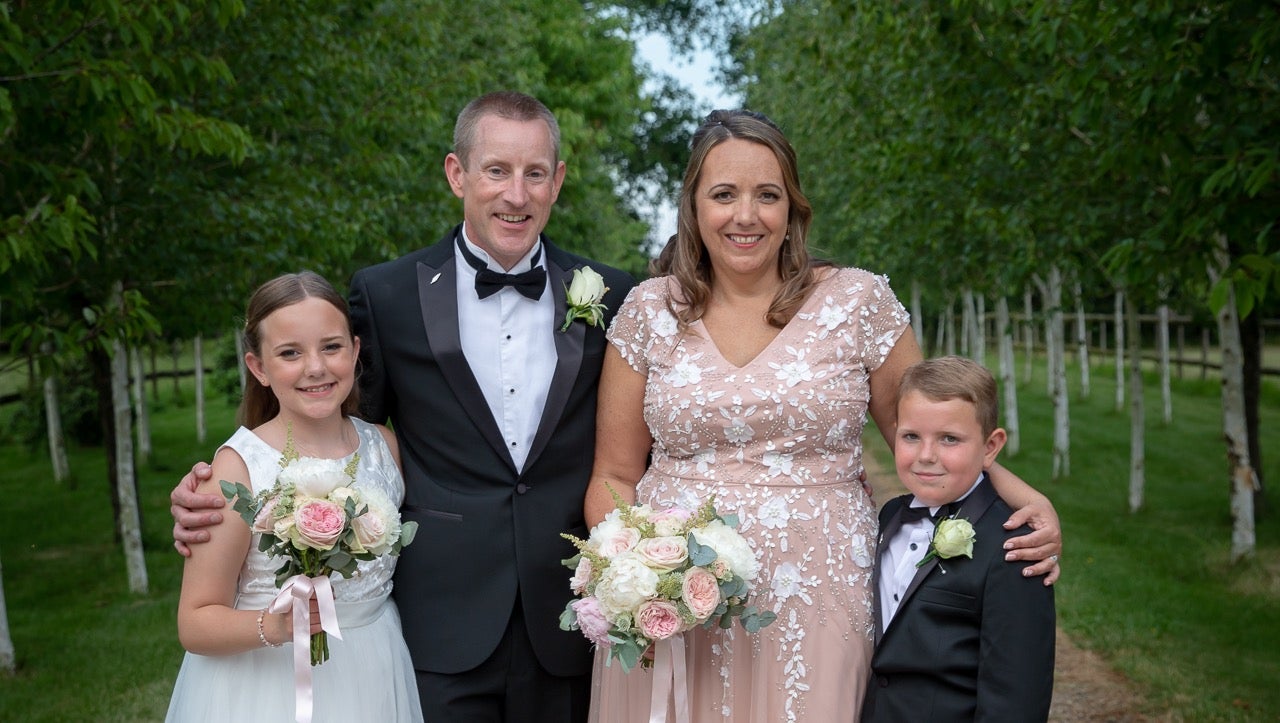
Mr Muggleton said the NHS has been amazing throughout his treatment, adding: “The early diagnosis has been key to why I’m here now.
“There were surgical and drug-based options for me, which is amazing because you read some people get diagnosed and they literally have weeks, and there’s very little anyone can do.”
Tracy Paine, chief executive of Melanoma UK, explained that early diagnosis is “absolutely crucial”.
She said: “If melanoma is caught in its earliest stages, it is highly treatable, and survival rates are excellent. However, once it spreads to other parts of the body, treatment can become more complex and outcomes less favourable. It’s quite simple, the sooner melanoma is found, the better the chances of successful treatment.”
The charity chief also warned that melanoma can present in different ways and some types are much harder to diagnose, so vigilance is key.
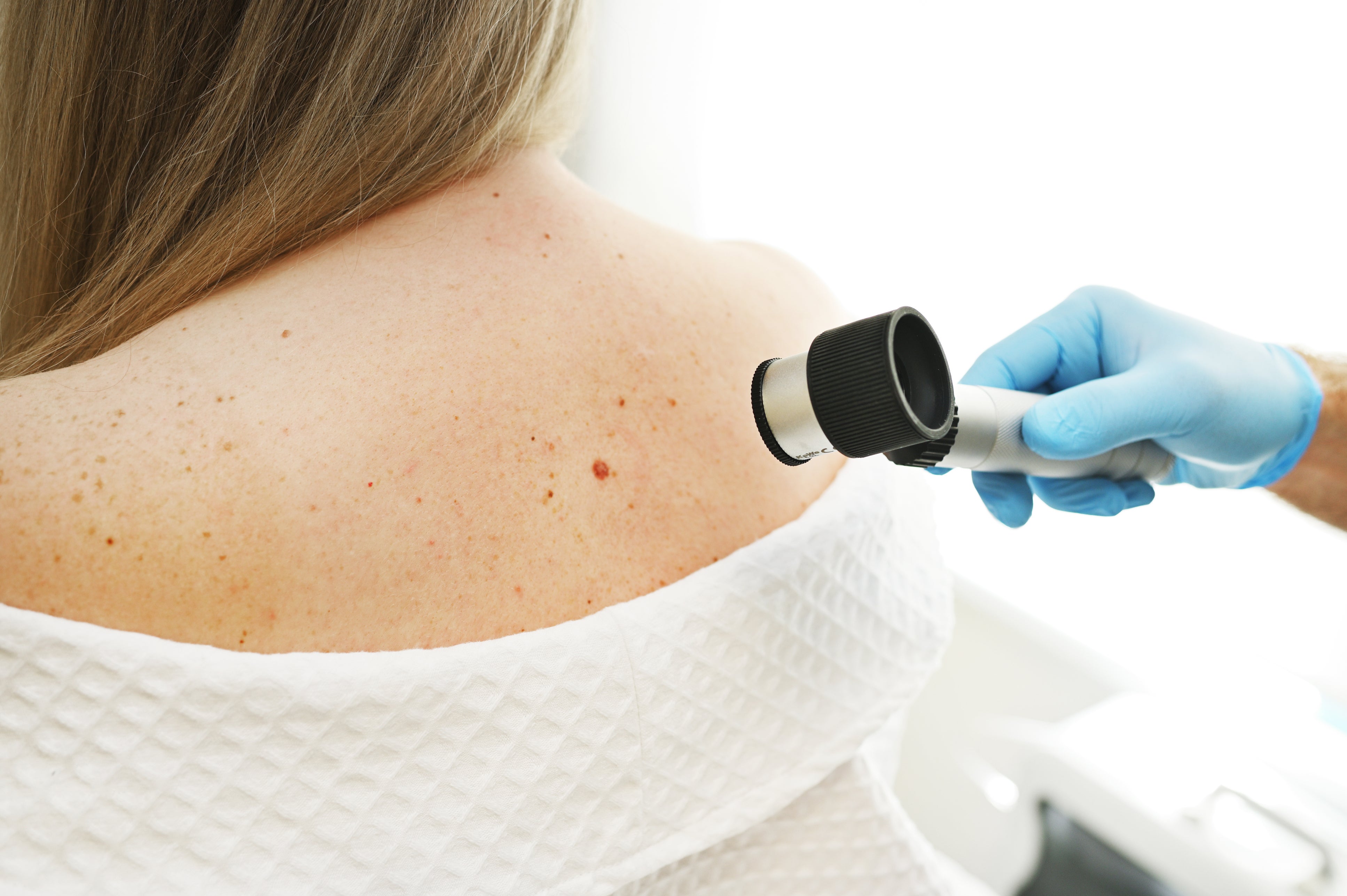
“Most people think of melanoma as a skin cancer caused by sun damage – 85 to 90 per cent – but not all melanomas are linked to UV exposure. Mucosal melanoma, for example, arises in the mucous membranes such as the nose, mouth, or genital areas, and it may not present with obvious early signs.
“These rarer types highlight why it’s important to raise awareness beyond the common image of melanoma as just a ‘skin mole problem’,” said Ms Paine.
Experts from Melanoma UK said it is really important for everyone to keep a close eye on any new or changing moles, freckles, or skin lesions.
“If you notice any changes to the colour or border of a mole, or if it becomes painful, itchy, or starts to bleed, it’s important to seek medical advice as soon as possible. Early action can make all the difference,” Ms Paine added.
